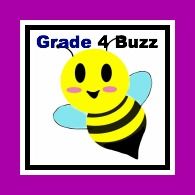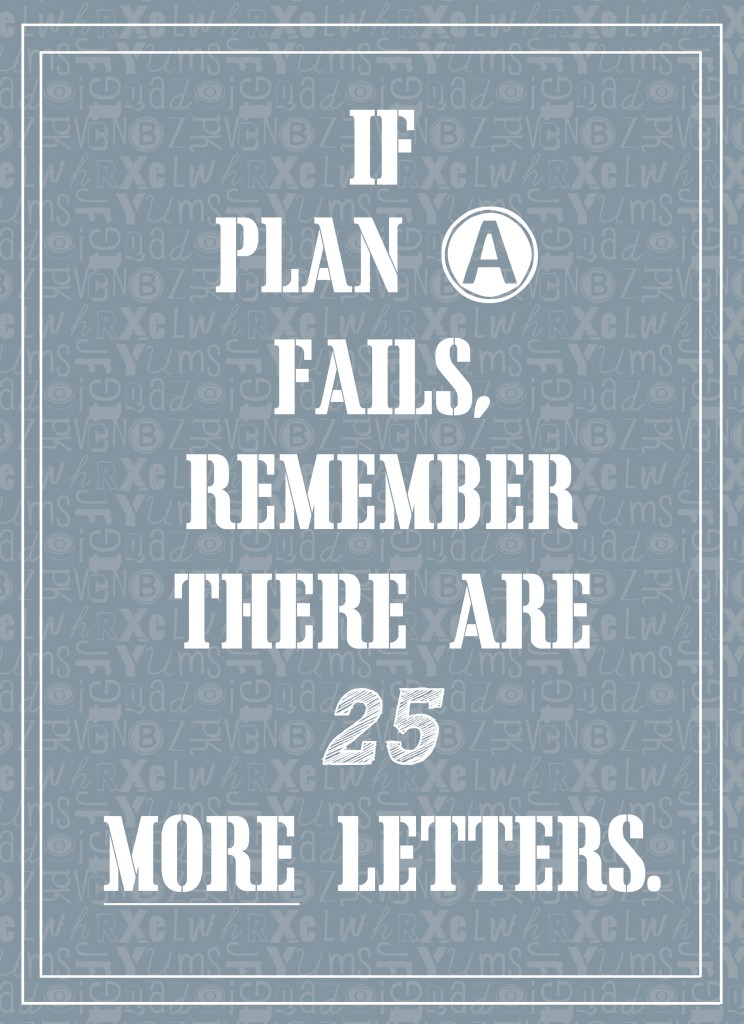"Teach the writer, not the writing."
Lucy Caulkins
In my writing classroom, assessing writing is one of the "teacher duties" that absolutely makes me cringe. How could I put a letter grade on someone's creative work? Who am I to judge if someone's writing is good or not? How can writing be assessed without crushing the spirit of my young writers?
Today, I had the pleasure of seeing Carl Anderson at the Wisconsin State Reading Association's Annual Conference in Milwaukee. All I can say is WOW!!!
Carl presented two sessions -- Assessing Writers and Conferring with Writers. I left the sessions both enlightened and inspired. I now feel that I have a way to assess the writing progress of my student writers and have a better understanding of how to help each of my writers move forward.
Want to get in on this good news? Here are the highlights:
Experienced writers:
- Use their writing to communicate meaning
- Structure their writing
- Write with detail
- Give their writing voice (my favorite part!)
- Use conventions
Communicating meaning: The purpose of writing is to make meaning. Writing has to have a point; if not, it is just a list of details. Surely, you've seen your students demonstrate 'list writing' for you -- it goes on and on and has no purpose. Don't be afraid to ask your student writers, "What are you trying to say here?" If they can't tell you, they need to focus their topic. If they can tell you, and there are details in the writing that do not support this purpose, those details need to go. Carl said, "Just because you write a lot does not mean you are a good writer." I loved this line -- it is so true!
Structure: Some parts of writing are more important than others and should be given more space in your writing. Carl suggest figuring out what the most important parts of the writing will be BEFORE beginning to write.
Details: How many times have I said to a student, "Your writing needs more detail" and they just stare back at me? Details are the specifics of writing. We need to teach our students what kind of details they can add. (I had no idea there were different kinds of details!) Narrative writing has character thoughts, character actions, setting details, dialogue, and character description. Informational writing has action details, descriptive details, and definition details. It can also have personal reflections on those facts and details. Good writing includes a mix of different types of details. Analyze student writing to see what details they already include naturally, and teach them the others.
Voice: My favorite part of writing! Does your student's writing sound like them? Do they share anecdotes? Use quirky language and/or purposeful punctuation?
Conventions: Yes, spelling matters. Punctuation matters. Capital letters matter (especially when writing the pronoun "I".) However, this should be one of the final things we comment on in a child's writing. Instead, teach students to read their writing with an editor's eye. Yes, this means we have to put down our red pens for the common good.
Conferencing is the best way to get to know student writers. It is where you ask, "How's it going?" and you and the student engage in a conversation about writing. Make sure this conversation is not one sided (the teacher doing all the talking). Teach students how to share their strengths and the areas they are struggling. Talk about things. The point of a conference is not to FIX a child's writing or to CORRECT errors. It is to help students become better writers. Conferencing is active assessment.
So there you have the highlights. I would love to hear your views on assessing writing and conferring with your writers. What struggles have you had with assessing writing? Do you have any strategies for conferring that have worked well for you? Share your thoughts below!
Tomorrow I am going to see Aimee Buckner and Lester Laminack. More tips to come! :)
Before you leave, why not hop over to
Chalk & Apples to congratulate
Kristin on having 100 Bloglovin followers? She's having a great Rafflecopter giveaway to which I have donated my
Number of the Day Task Cards. Congrats, Kristin!
















































